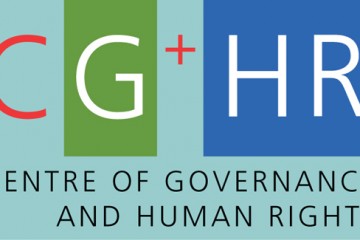
International intervention and the politics of building peace: ‘liberal imperialism’ or somewhat irrelevant?
International intervention in war-affected regions is the subject of much academic attention. Scholars and policymakers alike have been keen to understand the impacts, positive and negative, that international actors have when striving for peace in foreign countries. More often than not, the continuation of violence in areas that have been subject to heavy intervention, from Sudan to DRC, has generated staunch critique of the potential of such programmes to achieve their stated aim of ‘peace’. Africanist scholars in particular have identified efforts geared towards the increasingly linked aims of development and security as not merely ineffective, but exacerbating dysfunctional politics, insecurity and poverty across the continent. Following the wider critique of the liberal peace, interveners from UN peacekeepers to human …










